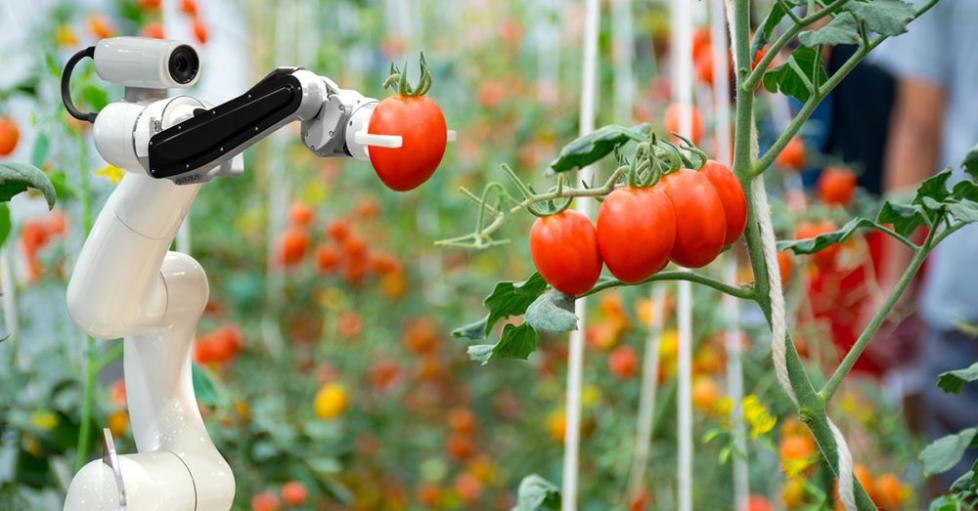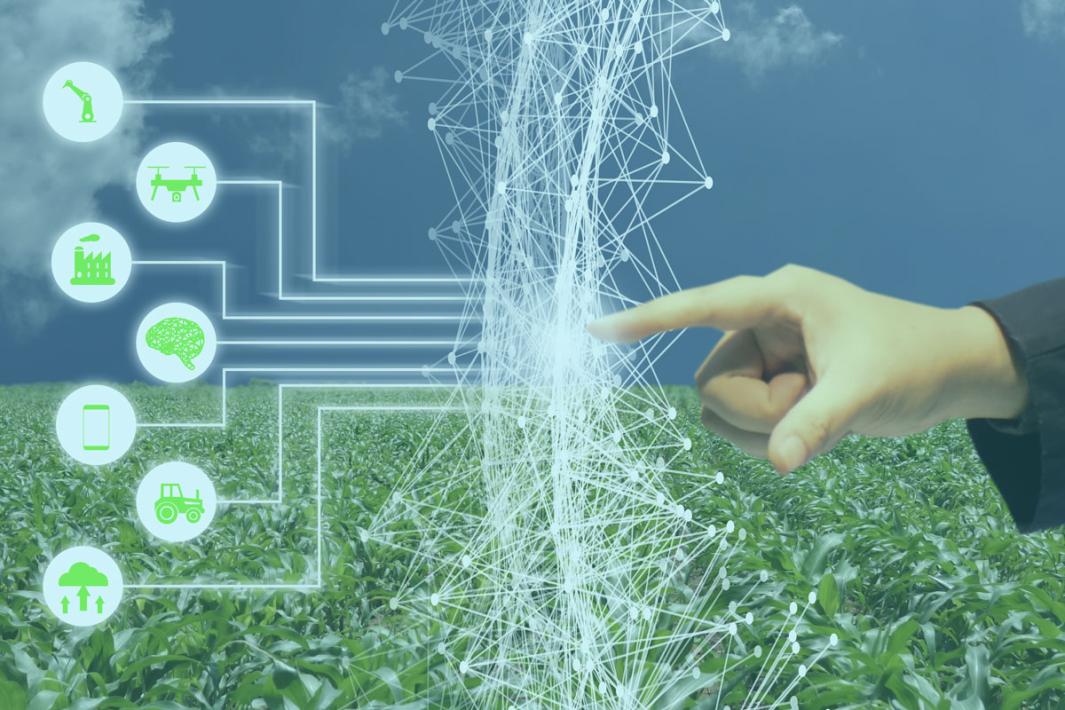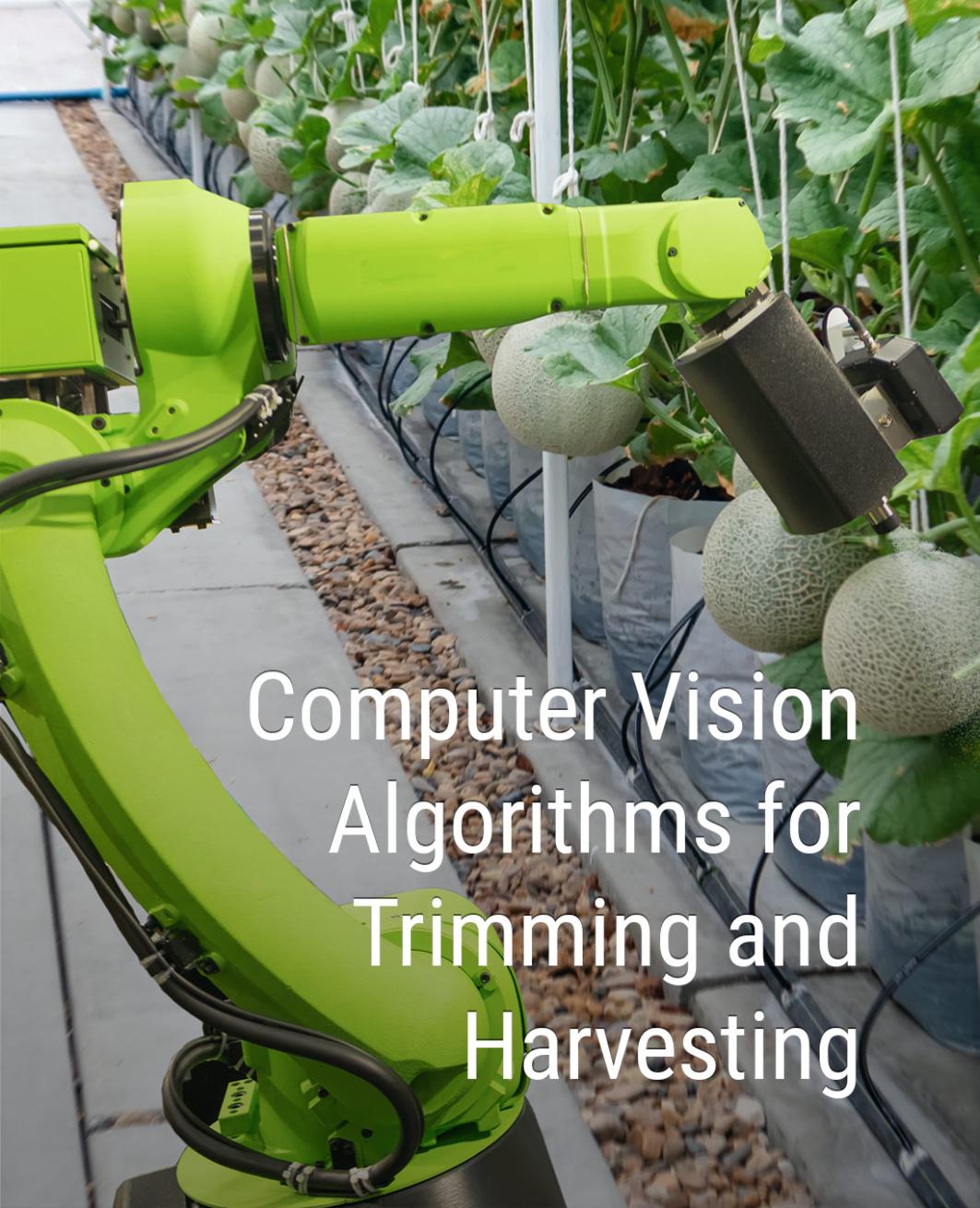AI in Livestock Management: Enhancing Animal Welfare and Productivity
Artificial intelligence (AI) is rapidly transforming the agricultural industry, and its applications in livestock management hold immense potential for improving both animal welfare and productivity. As the demand for animal products continues to grow, it is crucial to find sustainable and efficient ways to meet this demand while ensuring the well-being of our livestock.

Benefits Of AI In Animal Welfare
Monitoring And Early Detection
AI-powered sensors and cameras can continuously monitor vital signs, behavior, and environmental conditions in livestock facilities. Advanced AI algorithms analyze this data in real-time, enabling early detection of potential health issues, stress, or discomfort. This allows farmers and veterinarians to intervene promptly, improving animal welfare and preventing the spread of disease.
Precision Feeding And Nutrition
AI algorithms can optimize feed rations based on individual animal needs, considering factors such as age, breed, and health status. Automated feeding systems ensure accurate and timely delivery of these rations, reducing waste and improving nutrient utilization. This precision approach to feeding promotes optimal growth and health, enhancing animal welfare.
Stress Reduction
AI-controlled environments can mimic natural conditions, reducing stress levels in livestock. Sensors monitor temperature, humidity, and lighting, while AI algorithms adjust these parameters to create a comfortable and stress-free environment. Additionally, AI can detect and mitigate sources of stress, such as overcrowding or extreme temperatures, further improving animal well-being.
Benefits Of AI In Livestock Productivity
Increased Growth And Yield

AI-assisted breeding programs utilize genetic data to identify and select animals with desirable traits, such as fast growth rates and high meat or milk yield. AI algorithms also optimize growth conditions, including feed rations, environmental parameters, and disease prevention measures, maximizing animal performance and productivity.
Improved Feed Efficiency
AI-calculated feed rations minimize waste and optimize nutrient utilization, improving feed efficiency. Automated feed tracking systems monitor intake, ensuring that animals receive the precise amount of nutrients they need. This reduces feed costs and environmental impact while enhancing animal growth and health.
Disease Prevention And Management

AI algorithms can analyze data from multiple sources, including sensors, veterinary records, and environmental data, to identify and track disease patterns. This enables early detection of disease outbreaks and targeted interventions, reducing the spread of disease and minimizing its impact on livestock health and productivity.
Implementation Considerations
Data Collection And Analysis
Effective AI models require high-quality data. Livestock managers must implement robust data collection systems that capture comprehensive information on animal health, behavior, and environmental conditions. Data integration from multiple sources provides a holistic view of livestock management, enabling more accurate and reliable AI predictions.
AI Model Development
The selection of appropriate AI algorithms depends on the specific management goals. Collaboration between livestock experts and AI engineers is crucial to develop AI models that are tailored to the unique challenges and opportunities of livestock management. These models should be continuously evaluated and refined to ensure optimal performance.
Implementation And Integration
Successful implementation of AI technologies requires training and adoption by farmers and ranchers. AI systems should be integrated with existing management systems to ensure seamless operation. Ongoing support and education are essential to maximize the benefits of AI and ensure its long-term adoption in livestock management.
AI has the transformative potential to revolutionize livestock management, enhancing both animal welfare and productivity. By leveraging AI-powered monitoring, precision feeding, stress reduction, and disease prevention, we can create a more sustainable and humane agricultural system that meets the growing demand for animal products while ensuring the well-being of our livestock.
Continued investment and innovation in AI for livestock management are crucial to unlock its full potential. As AI technologies continue to advance, we can expect even greater benefits for animal welfare, productivity, and the sustainability of our food system.
YesNo

Leave a Reply